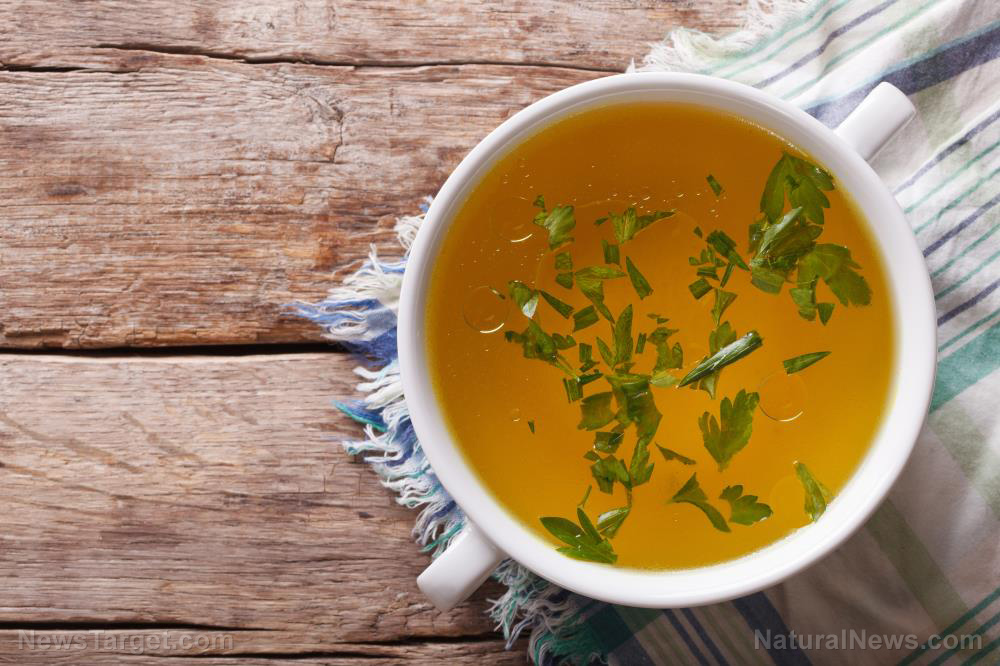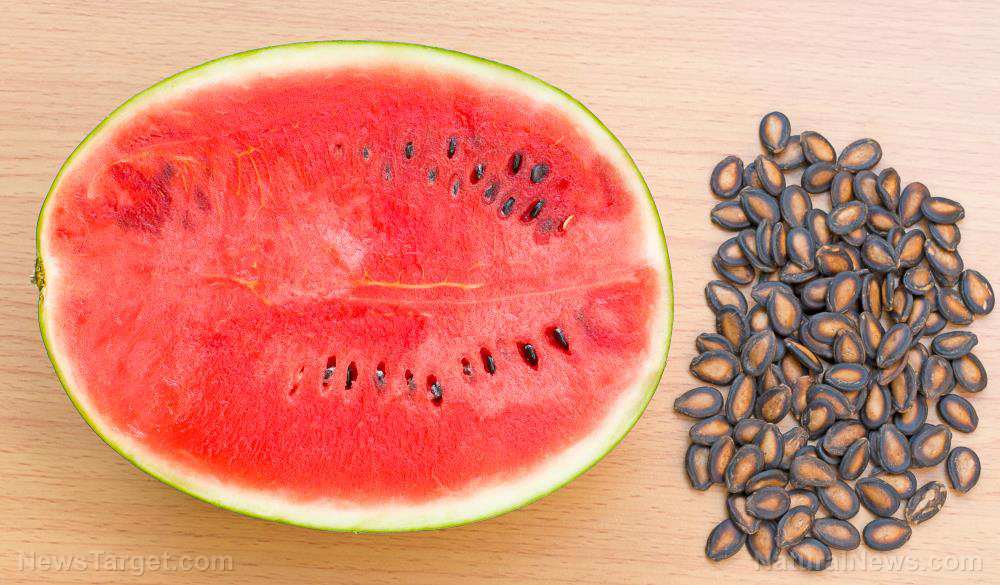"Prescription for Dietary Wellness" advocates food as medicine in modern healthcare
- Phyllis A. Balch identifies poor nutrition education, limited access to healthy foods and apathy toward self-care as key contributors to chronic diseases. She stresses balance in diet, noting that even essential substances (like water) can be toxic in excess.
- The book critiques the divide between conventional and nutritional medicine, advocating for collaboration instead of competition. Balch champions food as foundational to healing, bridging ancient wisdom and modern science.
- Emphasizing whole foods (fresh produce, grains, legumes, etc.), Balch highlights their role in disease prevention – particularly cruciferous vegetables (e.g., broccoli, kale), which combat cancer and heart disease with compounds that neutralize carcinogens.
- Balch details how diet directly impacts immune function. She provides guidelines for strengthening immunity through nutrient-dense foods, warning that a weakened system accelerates disease and premature death.
- Beyond food, the book recommends herbs and supplements (e.g., garlic as an antibiotic, astragalus for immunity) as part of nature's pharmacopoeia. Balch urges readers to harness these tools to reduce reliance on synthetic drugs and optimize health.
In a world where chronic diseases are on the rise and the healthcare system is often criticized for its reactive rather than proactive approach, Phyllis A. Balch's book "
Prescription for Dietary Wellness: Using Foods to Heal" offers a compelling alternative.
Balch, a respected voice in the field of
nutritional healing, identifies several key factors contributing to the current health crisis. Insufficient or inaccurate knowledge among patients, difficulty in obtaining nutritious food and supplements and an indifferent attitude toward self-care are all highlighted as underlying reasons for poor eating habits and subsequent illness. Her assertion that "all substances on Earth, when consumed in excess, are toxic to the body" underscores the importance of balance in our diets. This is exemplified by the extreme case of individuals in China who have committed suicide by drinking excessive amounts of water, illustrating that even something as essential as water can be harmful in large quantities.
Balch addresses the division in the healthcare marketplace, where orthodox medical physicians and nutritionally-oriented physicians each claim to have all the answers. This dichotomy, she argues, distracts from the common goal of improving human health. She advocates for a holistic approach that bridges the gap between these two worlds, emphasizing the importance of using foods to heal.
The concept of using food as medicine is not new; nearly every ancient culture has utilized plants for the prevention and cure of disease. However, with the rise of allopathic medical therapy in the late 1890s, these natural remedies were sidelined. Balch explains that modern science is now beginning to understand
why plant therapy works, with researchers isolating key components from plants that have been used for centuries. For instance, the most powerful drug in cancer chemotherapy was derived from the Madagascar periwinkle. Yet, Balch questions the wisdom of isolating these compounds, believing that plants are designed to be consumed in their natural form to maximize their healing properties.
A significant portion of the book is dedicated to the "Healing Power Within," the immune system. Balch emphasizes that our immune system is our first line of defense against invaders like bacteria and viruses, but it requires the right materials to function effectively. A weakened immune system can lead to disease and premature death. Balch provides a detailed guide on how to build and repair the immune system through diet, advocating for a variety of whole foods.
Among the most compelling sections of the book is the discussion on the "Magnificent 12" cruciferous vegetables. These vegetables, including broccoli, Brussels sprouts, cabbage and kale, are powerful fighters against cancer and heart disease, the two leading causes of death in the United States. Balch recommends consuming three to one cup servings from this list each day, highlighting their cancer-fighting properties and explaining how they contain compounds that block carcinogens and trigger enzymes that prevent the activation of cancer-causing substances.
Balch's emphasis on whole foods – fresh vegetables, fruits, sea vegetables, whole grains, nuts, seeds, beans, legumes and herbs – is a cornerstone of her dietary philosophy. These foods are packed with vitamins, minerals, enzymes, fiber, protein and all the nutrients needed for a healthy body. She advocates for a diet that detoxifies and eliminates cancer-causing chemicals from the body, preventing degenerative diseases.
In addition to food, Balch discusses the role of herbs and supplements in healing. She provides a list of natural prescriptions for various health conditions, suggesting alternatives to conventional drugs. For example, she recommends astragalus, garlic and golden seal as natural antibiotics and black walnut hulls and garlic for antifungal treatments. Balch believes that nature's pharmacopoeia is powerful and should be utilized to support our health.
"Prescription for Dietary Wellness" is a comprehensive guide to using
food as medicine. It challenges us to rethink our approach to health and embrace the healing power of plants. Balch's message is clear: by making informed choices about what we eat, we can take control of our health and well-being. Her work is a testament to the idea that food is not just sustenance, but a powerful tool for healing and longevity.
Learn more about "
Prescription for Dietary Wellness" by watching the video below.
This video is from the
BrightLearn channel on Brighteon.com.
Sources include:
Brighteon.ai
Brighteon.com
 Parler
Parler Gab
Gab










